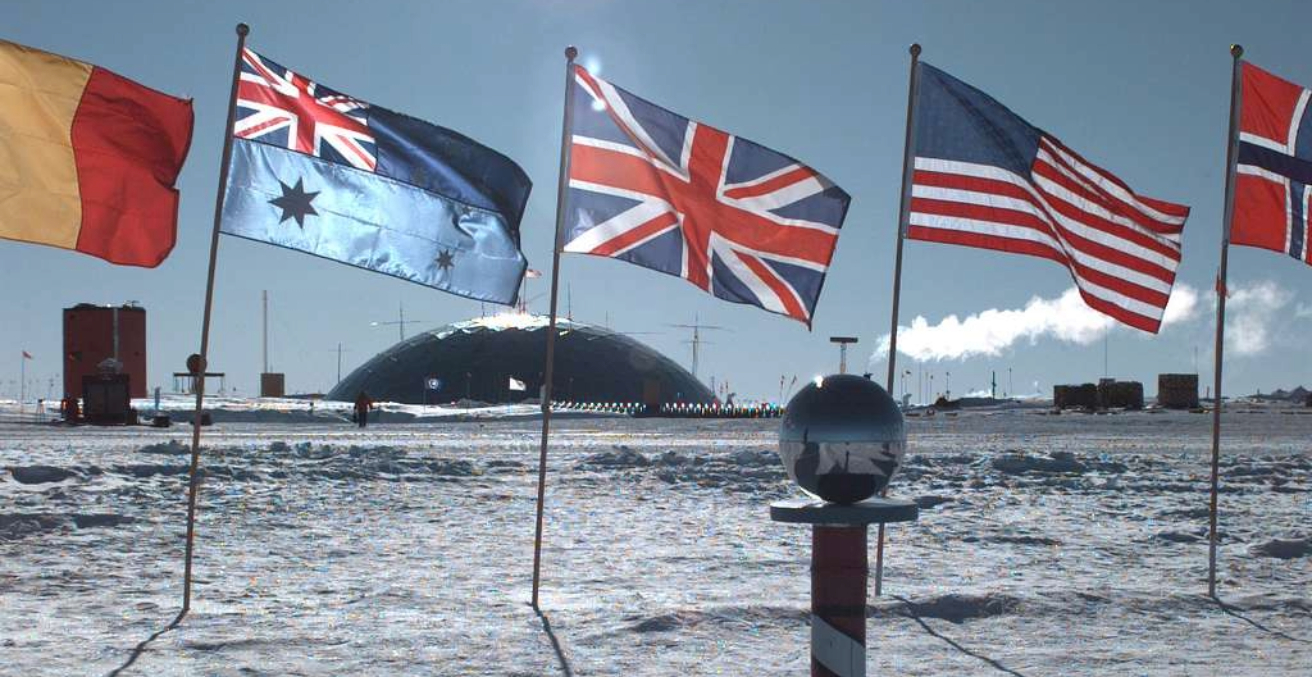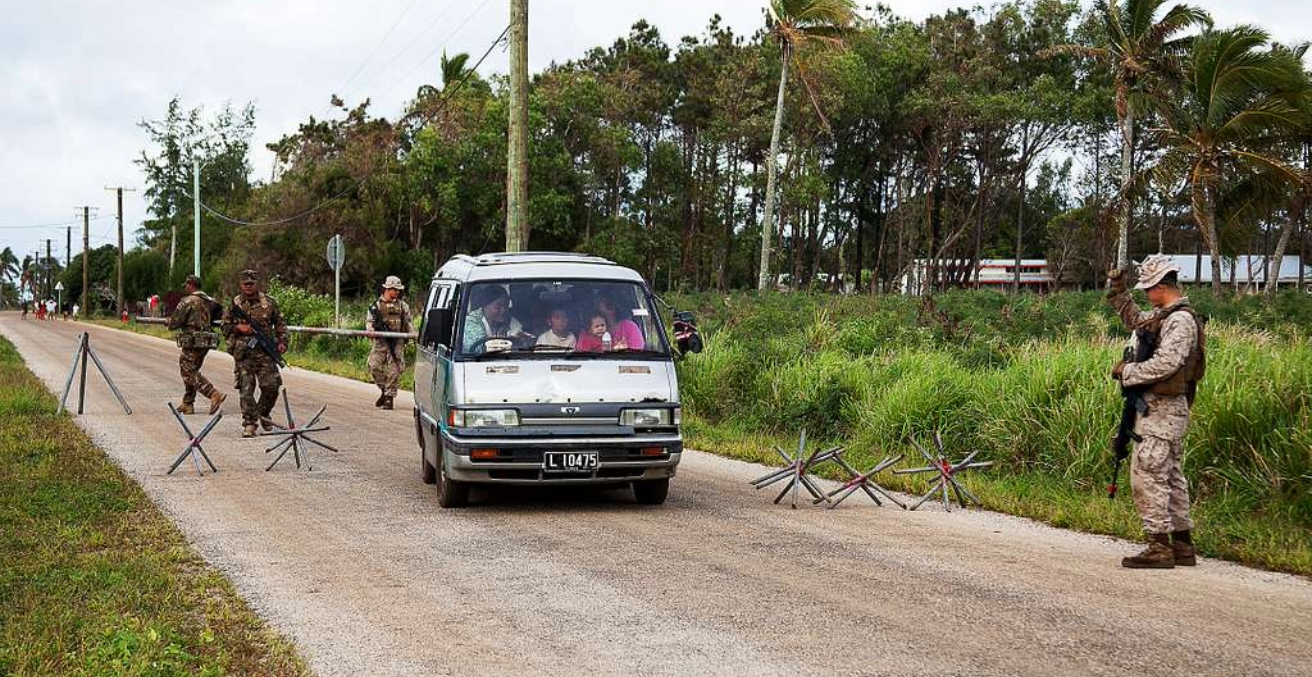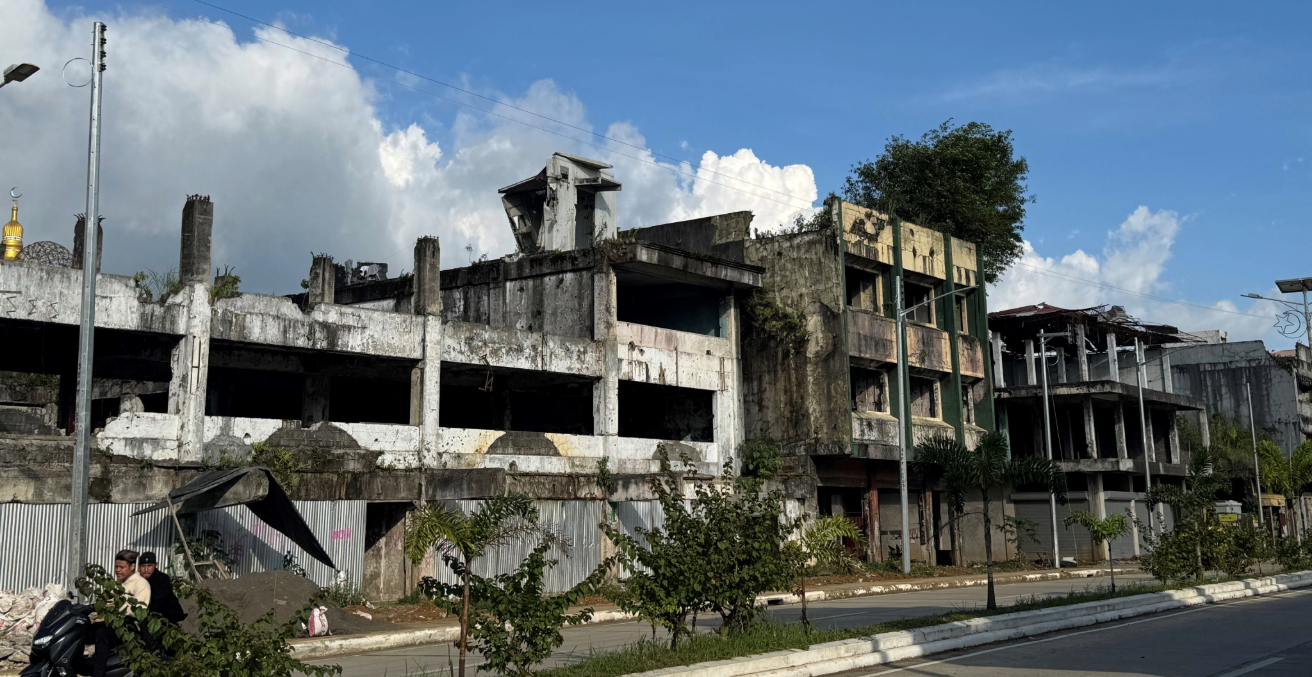Cambodia is leaning away from the US and towards China amid the great power rivalry of South Asia. The country’s recent decision to postpone military exercises with the US attests to this. Could Cambodia’s foreign policy be limiting its potential in the region?
The January decision to postpone the annual joint US military exercise known as Angkor Sentinel came as a surprise move as it was made just days before the inauguration of the new US president.
Meanwhile, China’s economic, military and strategic influence over Cambodia has continued to grow. It is clear the US has recently been unable to compete with China for influence in Cambodia. In the last decade, China has become Cambodia’s largest foreign investor, economic and military benefactor.
Competing powers
The Angkor Sentinel joint military exercise between Cambodia and the US has been conducted continuously since 2010. It is an annual bilateral exercise sponsored by US Army Pacific Command and hosted by the Royal Cambodian Armed Forces (RCAF), focusing on providing humanitarian assistance and responding to disaster relief operations. At the official opening of the 2016 Angkor Sentinel exercise Julie Chung, charge d’affairs at the US Embassy Phnom Penh, said “I believe the Angkor Sentinel exercise that begins today showcases some of the best kinds of things militaries can accomplish for their nations and citizens.”
Strategic competition between the two superpowers for influence and the ongoing tensions between China and ASEAN claimant states over the South China Sea have pushed Cambodia closer to the Chinese sphere of influence. China has now emerged as Cambodia’s most significant military partner and recently China provided considerable military training to the nation, helping Cambodia’s military to significantly expand its capabilities.
For China, Cambodia’s location is geopolitically important, allowing for security and oversight in the South China Sea with Vietnam, Taiwan and the Philippines—especially to secure its claim on the disputed Spratly Islands and their natural resources. Burgos and Ear argue that if conflict occurs, “China may need Cambodia as a strategic, sea-accessible location from which to launch a response”. Geoff Wade claims Cambodia is part of the Chinese ‘port investments network’ in Asia.
America’s relationship with Cambodia
By comparison, US military aid to Cambodia is relatively small and has often been delayed as a result of political tension. This was evident when Cambodia decided to suspend some military cooperation with the US in 2013, after US congressmen criticised election irregularities and urged the country to conduct an investigation. Further to this, the US has provided aid for military equipment and technical assistance worth only US$4.5 million (AU$5.84 million) since 2006.
According to the US Embassy in Cambodia:
“Our cooperation focuses on international peacekeeping, counterterrorism, counter narcotics, border and maritime security, humanitarian assistance, disaster relief operation and defence sector reform. Our goals are to develop the capabilities of the Royal Cambodian Armed Forces (RCAF) in these areas, while encouraging Cambodia’s commitment to the rule of law, transparency in governance, sustained democratic development, and respect for human rights.”
The US has also provided support in a wide range of military cooperation areas to improve RCAF’s capability in humanitarian assistance, peacekeeping, maritime security and to broaden Cambodia’s counterterrorism strategy. Unlike the Chinese approach, all assistance is subject to strict conditions and if the principle of democracy is deemed to have been violated, its provision could immediately cease.
This was evident during the internal political turmoil in the Cambodian government during July 1997. The turmoil resulted in the US suspending all aid programs, including military assistance, because the it considered the actions of the coalition government to be against the principles of democracy and human rights.
Although there is still some frustration and concern with Cambodia’s human rights record, the US has supported Cambodia with a wide range of assistance—most notably UN peacekeeping operations which align with Cambodia’s strategic interest in promoting the country’s prestige on the international stage through the deployment of the RCAF.
Since 2010, the joint exercise with the US has served Cambodia’s national interest in regard to RCAF’s UN deployment. The exercise has played an important role in not only strengthening RCAF’s capability in the areas of UN peacekeeping, humanitarian assistance, disaster relief and professionalism, but also improving military-to-military cooperation between the two countries. According to the US Embassy spokesman Jay Raman, “Joint military exercises benefit both of our nations by enhancing our ability to work together to combat maritime piracy, protect trade and shipping routes, deter terrorists and provide humanitarian assistance during natural disasters.”
Ensuring Cambodian prosperity
It is important not to underestimate the practical reality of Cambodia’s foreign policy trajectory and its foreign interests in the context of Sino-American competition for regional influence. As Cambodian scholar Chheang Vannarith points out, Cambodia’s primary national interests are centred on sovereignty and territorial integrity, security and political stability, economic development and poverty reduction and image building.
Therefore, Cambodia is in need of assistance from friendly countries to actualise its RCAF reform program. As a small, poor state in the region, Cambodia usually makes practical choices for its people by seeking to capitalise on its relations with China, the US and any other countries that may suit its interests.
In short, clearly the US and China—as well as other countries—have been crucial players in contributing to the reform policy of RCAF. It is also clear that China and the US have different policies toward the kingdom which could eventually lead to a strategic dilemma for Cambodia in managing this relationship without compromising its sovereignty and integrity.
Cambodia should diversify its foreign policy with as many countries as it can to widen and eventually satisfy its national interests. It is necessary for Cambodia to tailor its foreign policy to a rules-based international order by supporting regional groupings such as ASEAN in the interest of the country’s autonomy and economic prosperity.
Veasna Var is a PhD candidate in political and international studies at the University of New South Wales at the Australian Defence Force Academy, Canberra.
Sovinda Po is a master student in international relations with a focus on contemporary Chinese studies at the School of Advanced International and Area Studies, East China Normal University, Shanghai.
This article is published under a Creative Commons Licence and may be republished with attribution.




